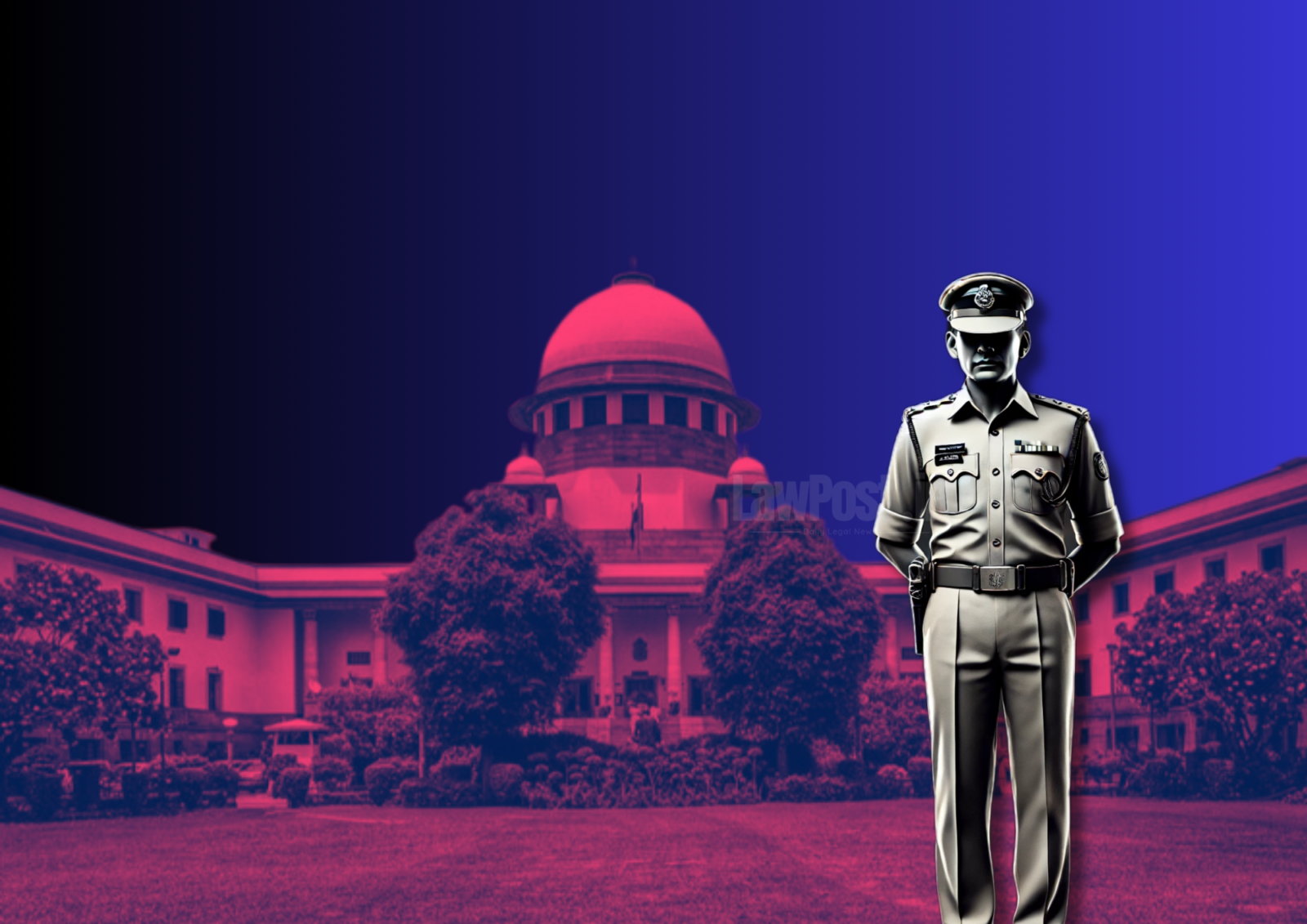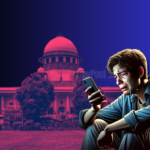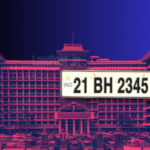Observes Decision on Creamy Layer Exclusion Lies with Executive and Legislature
In a significant ruling, the Supreme Court has refused to direct the exclusion of children of IAS, IPS, and similar officers from the ambit of Scheduled Castes and Scheduled Tribes (SC/ST) reservation in Madhya Pradesh. The apex court emphasized that the decision to exclude individuals belonging to the creamy layer from such benefits rests with the executive and legislature.
A Bench comprising Justices BR Gavai and Augustine George Masih underscored the enabling nature of reservation provisions, observing, “It is for the executive and for the legislature as to whether to provide reservation or not. It is an enabling provision. We have given our view: we have taken into consideration the past seventy-five years, such of the persons who have already availed benefit and are in a position to compete with others should be excluded from reservation. But it is a call to be taken by the executive and legislature.”
The petitioner had approached the Court seeking a directive to the state to formulate a reservation policy that excludes the creamy layer among SC/STs. The plea cited ongoing recruitments in 21 departments without such exclusion and highlighted the absence of state action on the issue.
The petitioner’s counsel invoked the precedent of Vishaka v. State of Rajasthan, where interim guidelines were framed in the absence of state action. However, the Supreme Court declined intervention, reiterating that it is the prerogative of the legislature and executive to decide on reservation policies.
“Reservation is an enabling provision, and we are not inclined to pass any directions,” the Bench noted, refusing to entertain the plea.
The petitioner sought permission to withdraw the petition, with liberty to make a representation to the appropriate authority. Granting the request, the Court stated, “Allowed with liberty to take such steps as are permissible in law.”
This decision comes in the backdrop of an August 2024 ruling by a seven-judge Constitution Bench that upheld states’ power to sub-classify reserved groups based on inter se backwardness. While the creamy layer principle currently applies only to Other Backward Classes (OBCs), four judges in that Bench recommended its identification among SC/STs to ensure that reservation benefits reach the most deserving.
The debate over creamy layer exclusion for SC/STs continues to be a contentious issue, with its resolution awaiting legislative and executive action.








